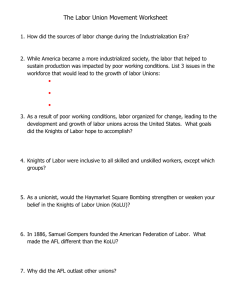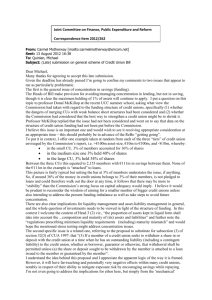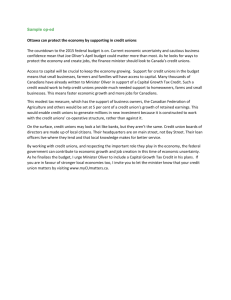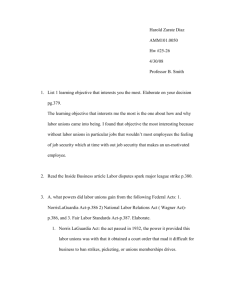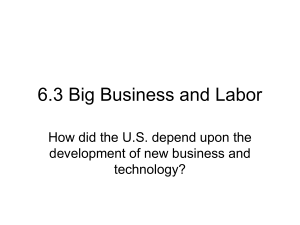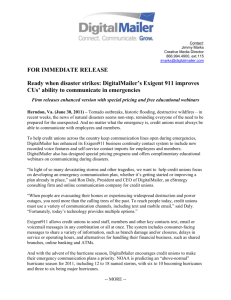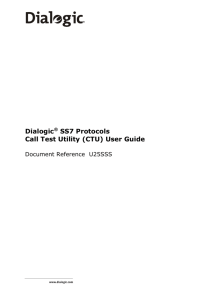MS Word 40k - New Zealand Council of Trade Unions
advertisement
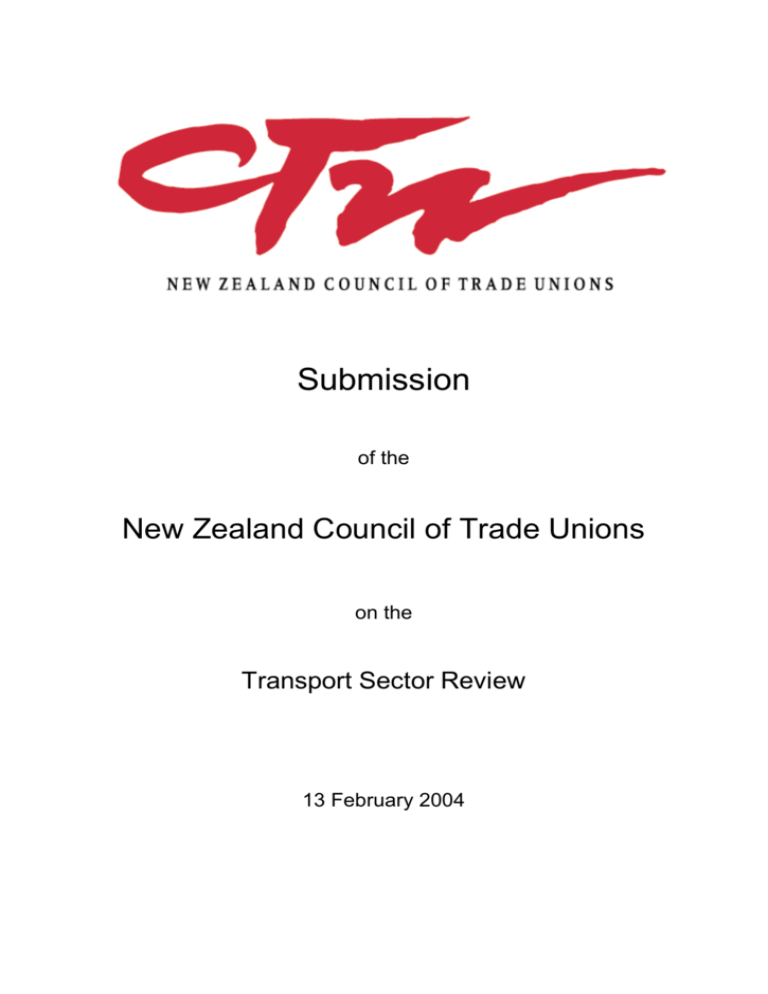
Submission of the New Zealand Council of Trade Unions on the Transport Sector Review 13 February 2004 1. Introduction 1.1 The New Zealand Council of Trade Unions (CTU) is the internationally recognised central trade union centre in New Zealand. It represents 34 affiliated unions with a membership of approximately 300,000. 1.2 We welcome this opportunity to comment on a review of the arrangements, capability and performance of the overall Government Transport Sector comprising the Ministry of Transport and the six transport Crown entities (Civil Aviation Authority (includes the Aviation Security Service), Land Transport Safety Authority, Maritime Safety Authority, Transport Accident Investigation Commission, Transfund New Zealand and Transit New Zealand). 1.3 The CTU has a vital interest in the outcome of this review. There are members of CTU-affiliated unions both in the agencies and in the transport sector generally. In addition, workers in general have a significant stake in issues such as: road, rail, aviation and maritime safety; transport infrastructure to underpin a modern economy; access, and; many other factors relating to the transport sector. 1.4 The CTU therefore supports the NZTS vision is that by 2010 New Zealand will have an affordable, integrated, safe, responsive, and sustainable transport system and includes objectives relating to economic development, safety and personal security, access and mobility, public health and environmental sustainability. 2. Terms of Reference 2.1 We note that the terms of reference comment that “Achieving the strategy will require a high degree of cooperation and coordination both within the sector and between sector agencies and a wide range of central and local government organisations, as well as local communities and the private sector”. The terms of reference also state that “The government transport sector must maintain and develop collaborative working relationships with the sector, local government, business, Maori and the community”. We note that unions are not specifically identified. 2.2 We are pleased to note that the review is not being driven by a requirement to cut costs. However the assessment criteria do not mention the importance of consideration of any impact of proposals on staff. 3. Initial Comments 3.1 At this stage of the Review, the CTU wishes to raise some preliminary comments. We are seeking the opportunity for further dialogue and discussion as the review progresses. 3.2 CTU-affiliated unions are significant stakeholders in respect of this review. For instance, the PSA has members in each of the 6 agencies and in the MOT. Unions are vitally interested in the quality, independence, thoroughness and timeliness of accident investigations and recommendations. We are involved in many discussions on policy and implementation. For instance, port and maritime security is a focus at present. 3.3 Some of these affiliates will make separate submissions. All relevant unions should be included in consultation. At this stage we have got some feedback from a number of unions in the transport sector and reflect these comments below. It is important that there is a more detailed discussion with the CTU at an appropriate time so that these different comments (alongside additional points raised) can be aligned. 3.4 The PSA has identified some broad principles that they see as underpinning any proposals for change in the sector. These include: promote a “whole of government” approach focus on flexibility and responsiveness, and how best to deliver the transport strategy, rather than costs reflect uniqueness: i.e. solutions for and by New Zealand ensure all stakeholders are involved (eg local government) facilitate and strengthen collaboration maintain a ‘sectional’ (eg:land, sea, air) focus where appropriate build capability within the sector, limiting the use of out-sourcing enhance career structures and employment conditions with consistency across the sector reduce duplication of functions establish clear, consistent, and transparent governance arrangements. 3.5 There is an interest in discussing a possible broader jurisdiction for TAIC. We also believe that TAIC recommendations should become mandatory for implementation. Other issues of interest for affiliates include the adequacy of resources for TAIC and levels of transparency and public awareness and involvement. 3.6 There is also a concern about different approaches taken by different agencies – for instance in some cases OSH and MSA. Maritime Unions generally find that because of their ship inspections and ability to understand ship problems, MSA have a clear appreciation of the broader issues. 3.7 In the aviation sector, CAA is focussed on airline systems and AS is focussed on passenger and terminal safety and security. Both functions are necessary for public and passenger confidence in air transport. Any review of their place in the bureaucracy needs to ensure that resources and each organisation's mission is clear and not obscured by grander and broader objectives. It is important to ensure that any drive for cost efficiency in functions such as these organisations does not dilute their focus and therefore passenger and public safety and security. 3.8 There is an important issue to be discussed in respect of agencies which have a combined roles of investigation, prosecution and sometimes funding. There is the potential for conflicts of interest to arise. 4. Summary 4.1 The CTU has a vital interest in the outcome of this review. 4.2 Consultation should take place directly with transport unions. 4.3 The CTU would like to meet the Review Team at an appropriate time to discuss issues raised in the review process. 4.4 We have identified some deficiencies in the Terms of Reference. 4.5 We have raised some preliminary comments based on feedback from affiliates. 4.6 We look forward to further consultation.



